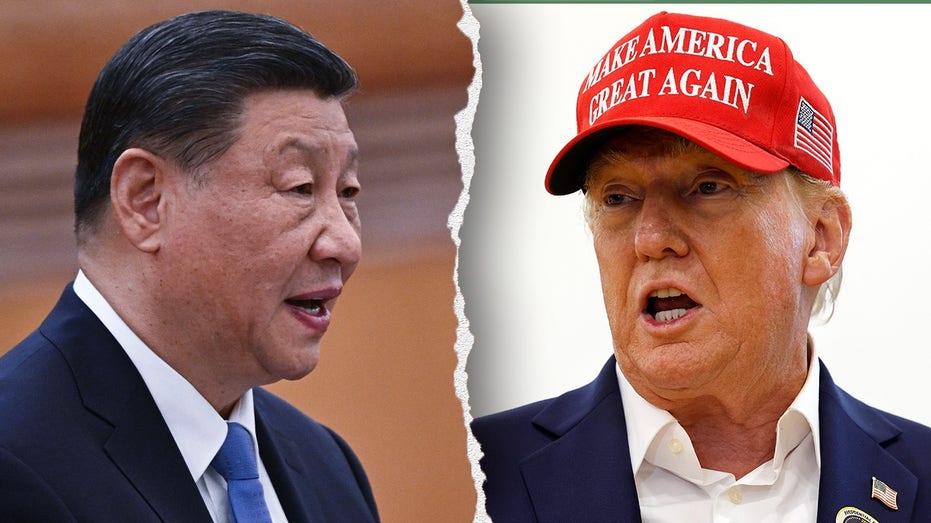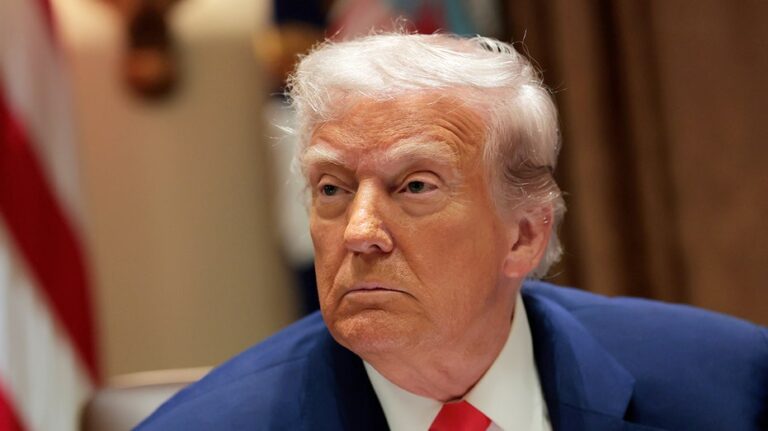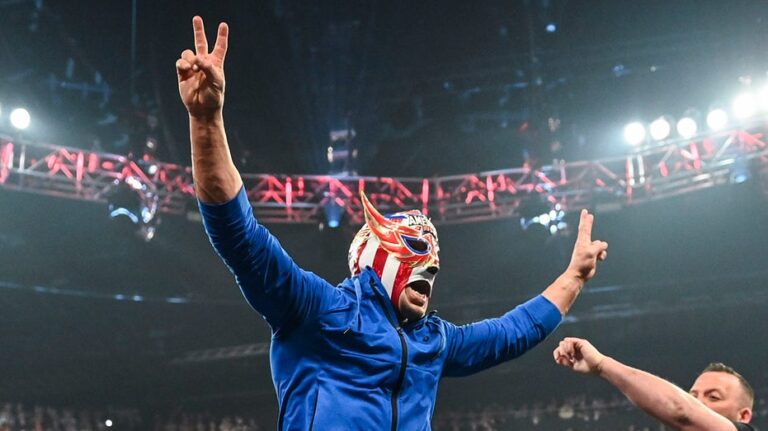
The top reason countries go to war is economic and President Donald Trump’s tariff battle is now focused on communist China, just as Beijing suffers a host of serious financial challenges.
The top reason countries go to war is economic and President Donald Trump’s “reciprocal” tariff battle is now, more than ever, focused on communist China, just as Beijing suffers a host of serious financial challenges.
Could this become an example of what Prussian general Carl von Clausewitz said: “War is the continuation of policy (politics) by other means”?
Treasury secretary Scott Bessent said Beijing is a bad actor and the tariff increase for China was “due to their [China’s] insistence on escalation.” Of course, most China watchers agree we have an unbalanced trading relationship with Beijing, a situation exacerbated by a decade of worsening relations that turned Beijing into a hostile superpower.
Escalating trade barriers do not necessarily lead to open conflict. However, history indicates that behind most shooting wars is the need for resources like oil and minerals used in manufacturing. We saw how such interests led to Japan’s 1941 attack on America.
Japan’s decision to industrialize in the late 19th century led to the invasion of Manchuria in 1931 to secure raw materials for its industrial growth. Quickly, Japan established the puppet state of Manchukuo and by 1937, a major war with China erupted.
Japan’s war with China further starved Tokyo’s war machine, which prompted it to seize other lands across Asia. At that point, the U.S. imposed high tariffs, economic sanctions and embargoes on Japan, which threatened to cripple the Japanese economy.
By early 1941, Tokyo and Washington had negotiated for months without success. However, to survive the impact of U.S. economic actions, Japan decided to go to war against America, hoping to destroy our naval fleet anchored at Pearl Harbor in Hawaii and thus gain unfettered access to vital raw materials across the Pacific.
WHY US MUST ASSERT INDUSTRIAL DOMINANCE IN LIGHT OF CHINA-EUROPE TIES
Admittedly, modern China is not pre-World War II Japan, but it provides an example of a country driven by economic pressures. However, contemporary Beijing faces real economic challenges to its hegemonic ambitions that if not contained could threaten the communists’ grip on that country and its influence across the world.
President Xi Jinping’s options are to accept a souring economy, which could lead to further domestic instability or pull U.S. trading partners to China to replace lost markets. Alternatively, he could resort to military action as both a distraction from domestic woes and a way to change his economic fortunes, such as seizing Taiwan or other regional lands.
What is not in dispute is that China’s economy slowed in 2024, underscoring challenges to the world’s second-largest economy. Contributing to that slowing economy is the prolonged property crisis, mounting local government debt and persistent youth unemployment.
CLICK HERE FOR MORE FOX NEWS OPINION
Now, put on top of these challenges Trump’s 145% tariffs, and China could lose at least $525 billion in annual revenues, which translates into millions of unhappy jobless Chinese workers. This outcome will only increase waning business and consumer confidence, weaken the Chinese yuan and accelerate unrest.
How will President Xi address the potential loss of the American market? That will be tough because China’s exports are the cornerstone to his economic strategy. Further, his domestic consumer spending is half what it was before the pandemic, and it cannot absorb the excess supply. Then atop this dire circumstance, geopolitical uncertainties are robbing Beijing of foreign investments.
No doubt, Trump’s tariffs come at a tough time for China’s communists. President Xi can make bold reforms that stabilize China’s economy, or he may have to create a distraction with his military.
Alternatively, a souring Chinese economy will fuel discontent and could eventually threaten the regime. However, Xi is a survivor, as evidenced by the fact he remained in control during COVID when millions of Chinese lost their jobs.
Yes, there is an outside chance Trump’s brewing trade war with Beijing could lead to real hostilities or Xi’s strategy might be to outlast Trump.






